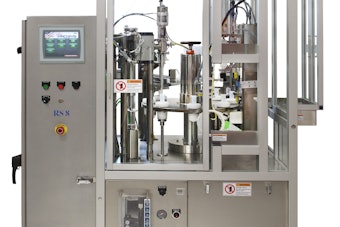Researchers at the University of Tokyo have developed the "fever alarm armband," a flexible, self-powered wearable device that sounds an alarm in case of high body temperature.
It is the first organic circuit able to produce a sound output, and the first to incorporate an organic power supply circuit, the school said.
The flexible organic components developed for this device are well-suited to wearable devices that continuously monitor vital signs including temperature and heart rate for applications in healthcare settings.
Sensors for such applications need to be flexible and wireless for patient comfort, maintenance-free and not requiring external energy supply, and cheap enough to permit disposable use to ensure hygiene. Conventional sensors based on rigid components are unable to meet these requirements, so the researchers have developed a flexible solution that incorporates organic components that can be printed by an inkjet printer on a polymeric film, according to a press release from the university.
The device combines a flexible amorphous silicon solar panel, piezoelectric speaker, temperature sensor, and power supply circuit created with organic components in a single flexible, wearable package.
It was presented this week at the IEEE International Solid State Circuits Conference in San Francisco. Interest in such a device is popular in situations where constant monitoring of a patient's health indicators are critical, such as in babies and elderly patients.





















